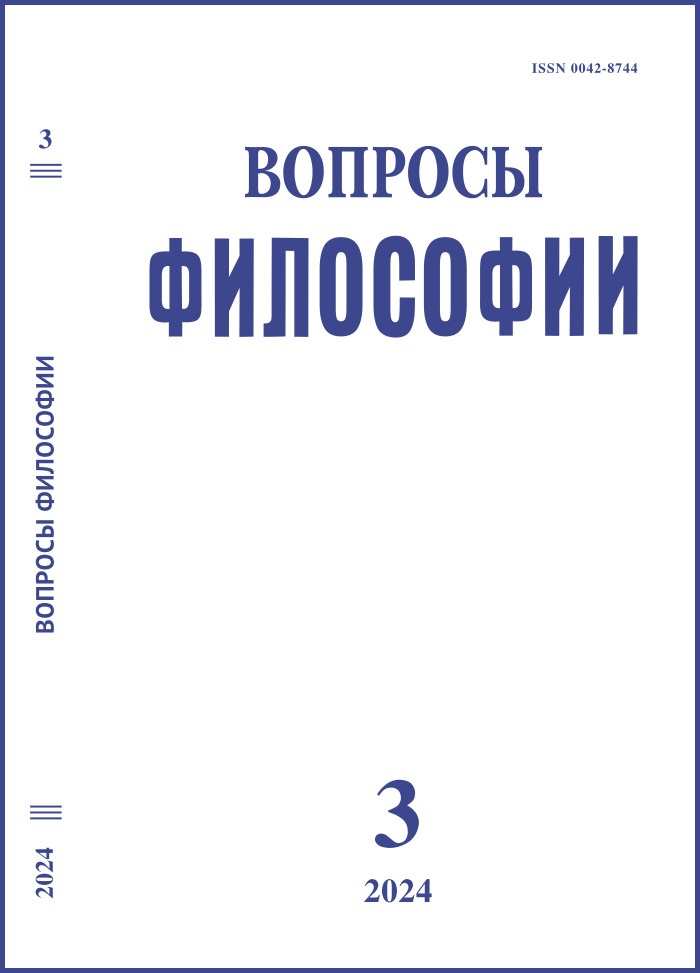Charles Secrétan (1815–1895): Touches to an Intellectual Biography
DOI:
https://doi.org/10.21146/0042-8744-2024-3-148-161Keywords:
Swiss philosophy, idealism, spiritualism, philosophy of freedom, will, freedom, Secrétan, Schelling, Kant, Pascal, Ravaisson.Abstract
The article is devoted to the Swiss philosopher Charles Secrétan (1815–1895), unknown in our country. The article provides an outline of the life and work of the Lausanne thinker, based on letters and other documents from the family archive, carefully preserved by his daughter Louise Secrétan. To understand the philosophy of freedom developed by Secrétan, it is not enough to establish the intraphilosophical impulses received by the Swiss philosopher from Schelling, Kant and Maine de Biran. Secrétan’s philosophy of freedom, the author of the article believes, cannot be understood in its genesis without reference to a specific historical and cultural context, including the intellectual and political history of not only the Swiss Confederation as a whole, but also of the canton of Vaud, which is Secrétan’s homeland. The author of the article shows that Secrétan’s highest ideal, already in his youth, was freedom as an irrefutable reality and as the highest value, the symbol of which is the coat of arms of his canton. The article presents the idea that freedom in conjunction with will and morality forms the basis of the philosophical intuition, deeply rooted in the Secrétan’s consciousness, that emerged in him even before his meeting with Schelling, that only gave an incentive to reveal the already existing germ of his thought in the philosophical system. According to the author of the article, the study of Secrétan’s work allows us to better understand not only the insufficiently studied French-speaking spiritualism, the founder of which was Maine de Biran, but also to deepen our understanding of the essence of freedom. The analysis of Secrétan’s philosophy is carried out in the article in comparison with the Russian tradition.

